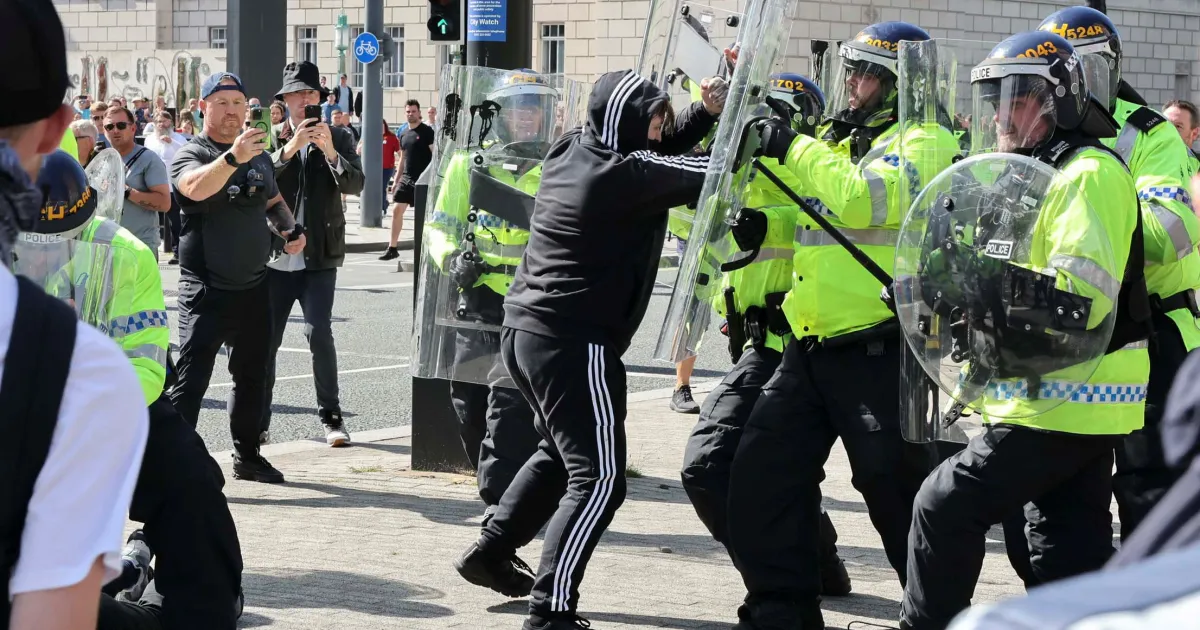Are Study Abroad Students At Risk Due To Protest
Are Study Abroad Students At Risk Due To Protest

Fear and Anger Spread on Campuses Amid Hate Incidents and Protests
In recent weeks, college campuses across the United States have become hotbeds of tension and activism due to the ongoing Israel-Hamas conflict. Pro-Israel and pro-Palestine demonstrators clash, and students find themselves caught in the crossfire. Here’s a closer look at how these protests are affecting study abroad students:
Campus Safety Concerns
At Cooper Union in New York City, pro-Palestinian students banged on locked library doors while shouting “Free Palestine” while Jewish students were inside. Although police were present, some Jewish students felt threatened. The incident highlights the delicate balance colleges face in ensuring safety while allowing free speech rights.
Calls for Accountability
New York City councilwoman Inna Vernikov called for the college president’s resignation, emphasizing the need to keep Jewish students safe. The college is still investigating the incident, but the message is clear: accountability matters.

International Students at Risk
International students risk their immigration status by engaging in protests related to Gaza. A proposed bill, the Study Abroad Act, aims to revoke student visas for those involved in unlawful protests. The bill’s sponsor, Representative Andy Ogles, likens protesters to terrorists1.
Solidarity Across Borders
Protests aren’t limited to the US. Universities in the United Kingdom and Ireland witness similar encampments in solidarity with Gaza. Students worldwide demand divestment from Israel, using their collective voice to advocate for change2.
Harsher Discipline
Administrators respond to student demonstrators with increasingly harsh discipline, especially those supporting Palestinians. The Israel-Hamas war has fueled activism, and students continue to protest passionately3.
In conclusion, study abroad students find themselves navigating a complex landscape of activism, safety concerns, and international solidarity. As campuses grapple with these tensions, students remain committed to expressing their views and advocating for justice.







